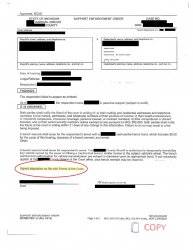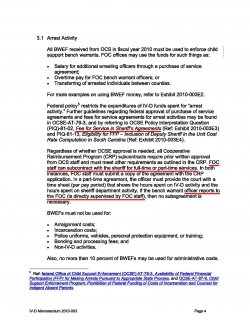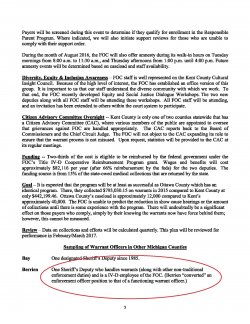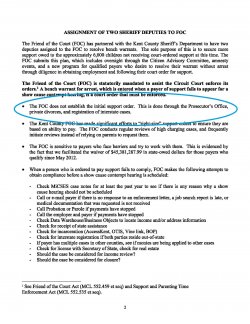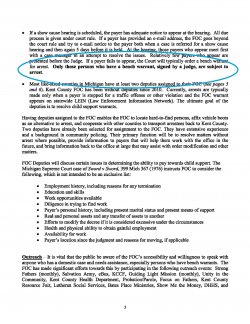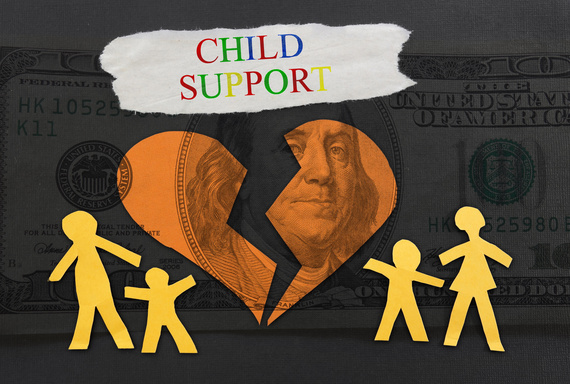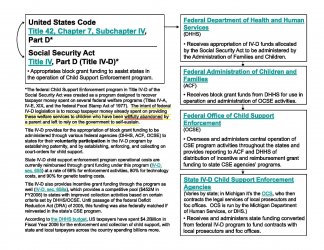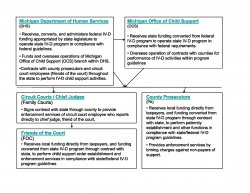Brick Layer
VIP Member
- Thread starter
- #81
Follow the Title IV-D money machine.

*Const 1963, art 6, § 1
“The judicial power of the state is vested exclusively in one court of justice . . . .”
Michigan Courts - One Court of Justice
Michigan Legislature - Article VI § 1
The reason the [equity] family court was created was so the judges from the [criminal] circuit court would not have to hear both murder trials and [custody decisions] family matters in the same day.... and to break up the case loads of course; the family court is big business!!!!
[The divorce industry] [The Title IV-D industry]
Though the family court is a branch of the circuit court they are both [constitutionally] under the one court of justice...
No-fault divorce means no fault even if there is a named defendant [counter sue become the counter plaintiff]; it's just business private [contract] agreement 'stipulation' of record in the family court required on the docket for establishment of child support obligations.
vs
Defending a crime mala in se in the Circuit Court.

*Const 1963, art 6, § 1
“The judicial power of the state is vested exclusively in one court of justice . . . .”
Michigan Courts - One Court of Justice
Michigan Legislature - Article VI § 1
The reason the [equity] family court was created was so the judges from the [criminal] circuit court would not have to hear both murder trials and [custody decisions] family matters in the same day.... and to break up the case loads of course; the family court is big business!!!!
[The divorce industry] [The Title IV-D industry]
Though the family court is a branch of the circuit court they are both [constitutionally] under the one court of justice...
No-fault divorce means no fault even if there is a named defendant [counter sue become the counter plaintiff]; it's just business private [contract] agreement 'stipulation' of record in the family court required on the docket for establishment of child support obligations.
vs
Defending a crime mala in se in the Circuit Court.
Last edited:



 'written agreement', so ordered enforced!
'written agreement', so ordered enforced!




 Six Pack Joe
Six Pack Joe

 ]:
]:







 ...remember we live in a republic, a free society.
...remember we live in a republic, a free society.